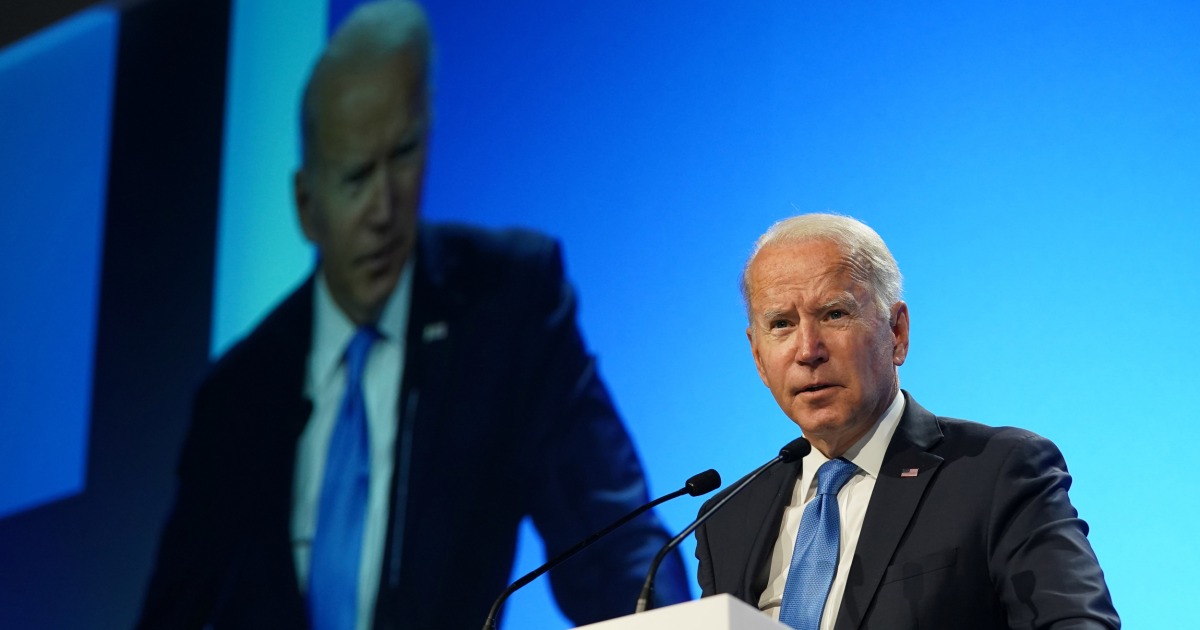
EDINBURGH, Scotland — As President Joe Biden attended a pair of global summits in Europe in the last few days, he sought to leverage the absence of one superpower — China — to reassert U.S. leadership on the global stage.
At this week’s U.N. climate summit in Scotland, as with the G-20 in Italy a few days before, Biden made a point of demonstrating he was filling a diplomatic void left by President Xi Jinping. The Chinese leader skipped both meetings just as the Biden administration is working to counter Beijing’s growing economic, political and diplomatic influence across the globe.
“The fact that China is trying to assert, understandably, a new role in the world as a world leader, not showing up? Come on,” Biden said in his closing news conference in Glasgow Tuesday, just days after faulting China for its absence in Rome, as well.
Calling Xi’s no-show a “big mistake,” Biden maintained that China’s absence had not gone unnoticed. He said world leaders had taken note and argued the country had “lost the ability to influence people around the world.”
“We showed up,” Biden said, drawing a contrast with the country he has said is locked in a “strategic competition” with the U.S. “And by showing up, we’ve had a profound impact on the way I think the rest of the world is looking at the United States and its leadership role.”
Biden said the same was true of Russia, another U.S. adversary whose leader, Vladimir Putin, also skipped both summits.
Xi, China’s president since 2013, has not left the country in nearly two years, since before the Covid-19 pandemic took hold. The reason — whether he’s staying close to home to manage the virus response or for other domestic political purposes — is hotly debated among China-watchers.
It’s not just about climate change.
Although Biden has sought to put pressure on China to ramp up its global warming goals — China plans to allow greenhouse gas emissions to keep rising until 2030 — the Biden administration’s broader goal is to offer less powerful nations an alternative to Beijing’s outstretched hand.
As G-20 leaders huddled in Rome, Biden announced the U.S. was rolling back tariffs on steel and aluminum from the European Union put in place under the Trump administration. Although labor unions and some U.S. businesses have wanted to keep some of those measures in place to protect U.S. production, Biden’s administration argued it was better that the U.S. import from Europe than from China.
Commerce Secretary Gina Raimondo explained that China’s metal was simply dirtier than Europe’s, in terms of the carbon dioxide emissions involved in producing it, and that the “lack of environmental standards is part of what drives down their costs.”
Sen. Sherrod Brown, D-Ohio, one of Biden’s close allies in Congress, where action aimed at China may be one of few issues where the political parties can agree, praised the president’s effort at the summits.
“The Biden administration knows that if you want to stand up for American workers and companies in the face of China’s anticompetitive practices, it helps to work with friends and allies,” Brown said.
And before Biden flew home late Tuesday from Scotland, he took time away from the climate agenda to meet on the summit’s sidelines with G-7 nations and EU leaders about how wealthy democracies can “meet the enormous infrastructure need in the developing world.”
Dubbed “Build Back Better World,” an extension of Biden’s domestic economic and infrastructure program of a similar name, the initiative is a clear effort by Western nations to counter China’s own program to bankroll infrastructure in developing nations.
China’s version is called “One Belt, One Road,” and in implementing it over the last decade, Beijing is believed to have spent over a trillion dollars building ports, roads, airports and power plants across Africa, Latin America and Asia. The U.S. has long argued that China’s help comes with serious strings attached, a charge Beijing denies.
“This meeting is also a clear contrast with other global actors like China who are building infrastructure that locks developing countries into unsustainable debt traps and fossil-dependent infrastructure for decades to come,” the White House said in describing the session on Tuesday.
If Xi’s absence was felt in Rome and Glasgow, it was barely acknowledged by China’s government, at least publicly.
“It gives me great pleasure to attend the World Leaders Summit and discuss ways to address the climate challenge,” Xi said of the 26th Conference of the Parties, which he did not, in fact, attend.
Those comments instead came in a written statement submitted in lieu of an in-person speech in Glasgow and posted to the conference’s website. In that message, Xi emphasized the need for nations to “build on existing consensus, increase mutual trust, step up cooperation and work together to deliver a successful COP26 in Glasgow.”
After world leaders flew from Rome to Glasgow on Monday, the Chinese foreign ministry spokesman, Wang Wenbin, praised the remarks that Xi had delivered to the G-20 summit.
“President Xi Jinping’s written statement to COP-26 demonstrates China’s firm position to actively promote international cooperation on climate change and protect the planet we all call home and its sense of responsibility as a major country,” he said, adding that a video conference option was not offered to them by organizers.
Earlier, Wang said Xi’s virtual participation in G-20 was his “latest attendance at major multilateral events after the recent general debate of the 76th Session of the United Nations General Assembly.” That one, too, Xi attended virtually, without ever leaving Beijing.
In September, the Biden administration deployed officials to Latin America to identify potential infrastructure projects to fund there as part of Build Back Better World. And on Tuesday, the White House announced that Biden’s deputy national security adviser will travel immediately to Ghana and Senegal to do the same in West Africa.
Recently, China has appeared to reorient its One Belt, One Road initiative around cleaner projects like renewable energy rather than the coal plants that made up a large part of its early investments.
Derek Scissors, a China expert and senior fellow at the American Enterprise Institute, a conservative-leaning think tank in Washington, questioned how effective a U.S. alternative to the program could really be. He pointed out that China has shown signs it is less committed to the exorbitantly expensive endeavor these days than it was just four years ago.
“It’s not as if President Biden’s going to say, ‘Oh well, Xi Jinping’s not leaving China, I’m going to go visit 100 countries and make promises to all of them that we can fulfill,’” Scissors said. “If the president talks to you for a few minutes on the sideline of a conference, how much goodwill is that build up? You have to follow it up.”

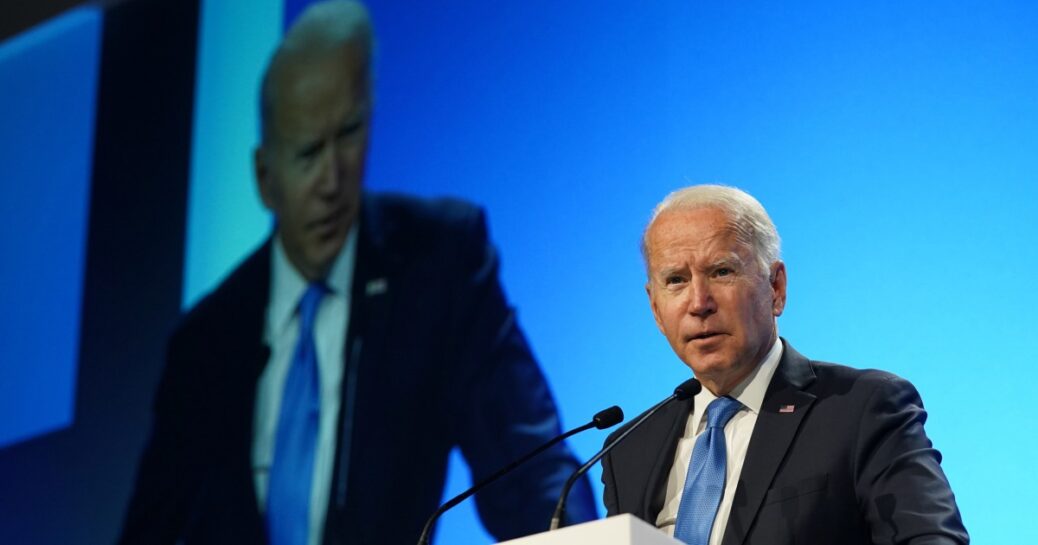



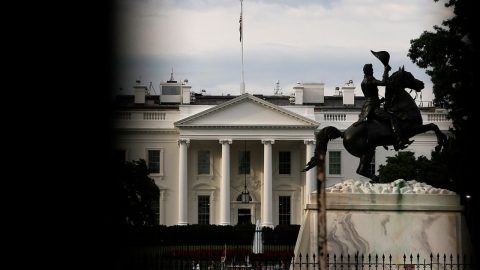
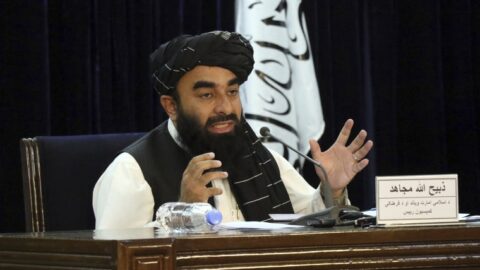
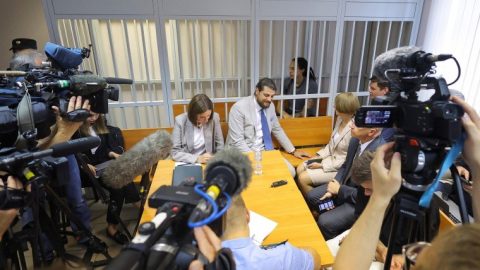
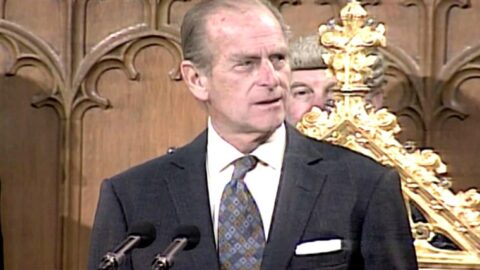
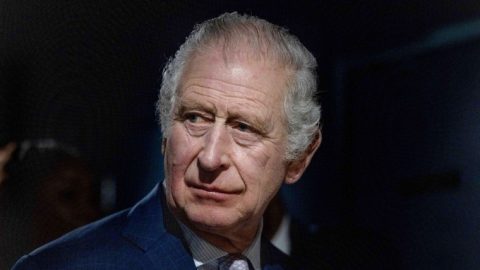
Recent Comments